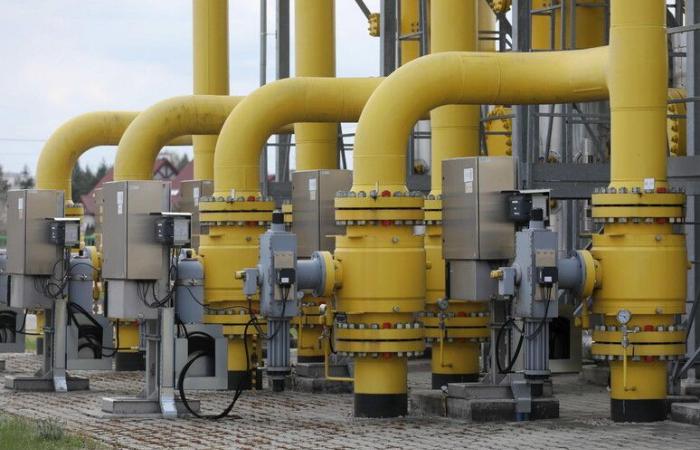In a global context where energy market volatility often proves to be a challenge, the recent performance of natural gas prices offers a revealing perspective. On the Amsterdam Stock Exchange, one of the most important hubs for energy commodities trading, the price of gas has seen a slight increase. In the latest survey, the gas futures appreciated by 0.19%, reaching a value of 33.55 euros per Megawatt hour (MWh).
This data, however marginal it may seem, is emblematic of broader trends in the energy sector, where gas prices are a key indicator of the market situation. Faced with global demand that continues to present strong uncertainties, aided by a post-pandemic economic recovery with fits and starts and the ongoing climate challenges, every increase, however small, takes on considerable importance.
The natural gas market is notoriously influenced by a variety of factors: from production and supply chain to geopolitical and climatic factors. The recent increase in gas prices can therefore be read as a signal that embodies the intersection of these continuous evolutions.
Looking deeper, the slight appreciation can be interpreted as the market’s reaction to subtle changes in the supply and demand landscape. On the other hand, it is not uncommon for small price fluctuations to precede larger movements in financial markets, following investors’ interpretation of fundamental data and macroeconomic news.
This episode also highlights how critical the operational beach of energy exchanges is and their role in shaping energy policies globally. Investment decisions, corporate hedging strategies and energy policies of various states are often influenced by these numbers that, although minute, represent real compasses for operators and policy makers.
While market operators continue to monitor and interpret these signals, the dialogue on broader issues such as energy transition, sustainability of the energy mix and energy security always finds new food for thought. The price of gas, in this context, is not just a simple number on a stock exchange board, but becomes an essential indicator for understanding how energy, economy and environment continue to be closely interconnected in an increasingly globalized fabric.
In conclusion, the Amsterdam stock exchange report confirms that the gas market remains a sensitive barometer of the tensions that run through the global energy system. Although today’s increase may seem limited, it invites us to reflect more deeply on the dynamics of the energy sector, almost announcing scenarios to pay attention to. It also highlights how vital it is to remain informed and proactive in the face of fluctuations that, however modest, can signal impending changes of direction in the international energy landscape.






